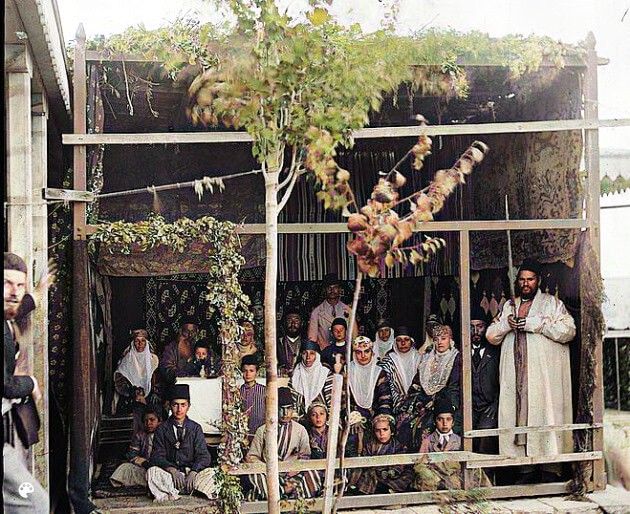
The Sabbath evening prayers use a peculiar metaphor for peace:
וּפְרושׂ עָלֵינוּ סֻכַּת שְׁלומֶךָ
“May You spread over us a sukkah of Your peace.”
Why pray for a sukkah, a makeshift booth, of peace? Would it not be better to have a “fortress of peace” — strong, secure, and lasting?
Even Imperfect Peace
Jewish law validates a sukkah even when it has gaping holes, when it is built from little more than two walls, or has large spaces between the walls and the roof. Even such a fragile structure still qualifies as a kosher sukkah. The same is true regarding peace. Peace is so precious, so vital, that even if we are unable to attain complete peace, we should still pursue a partial measure of peace. Even an imperfect peace between neighbors, or between an individual and the community, is worthwhile.
“How wonderful is peace!” proclaimed the Sages (VaYikra Rabbah 9:9). The value of peace is so great that we pray for it even if it will be like a sukkah — flimsy and temporary, rendered fit only by special laws.
(Silver from the Land of Israel. Adapted from Mo'adei HaRe’iyah p. 97)





